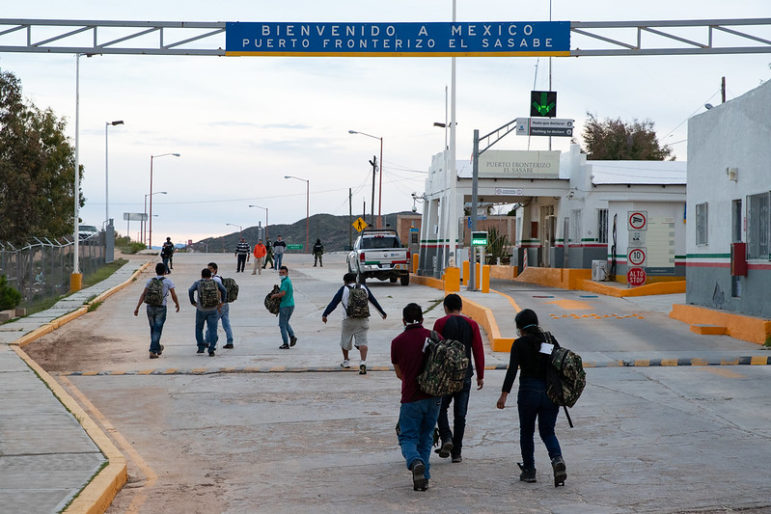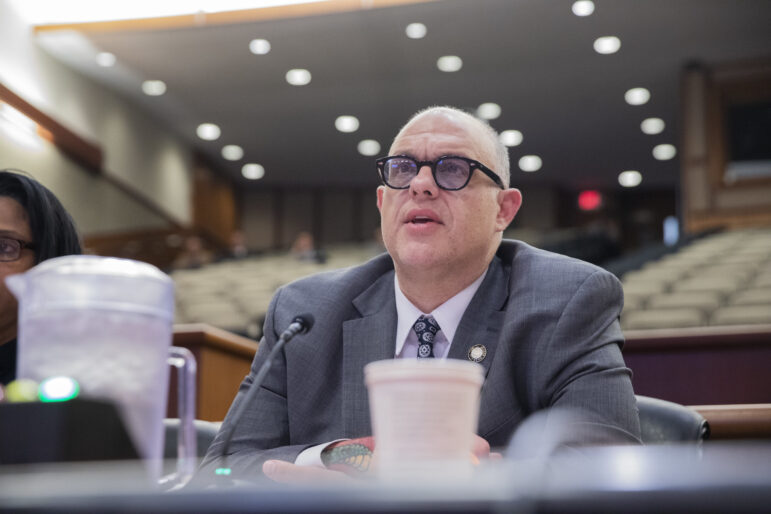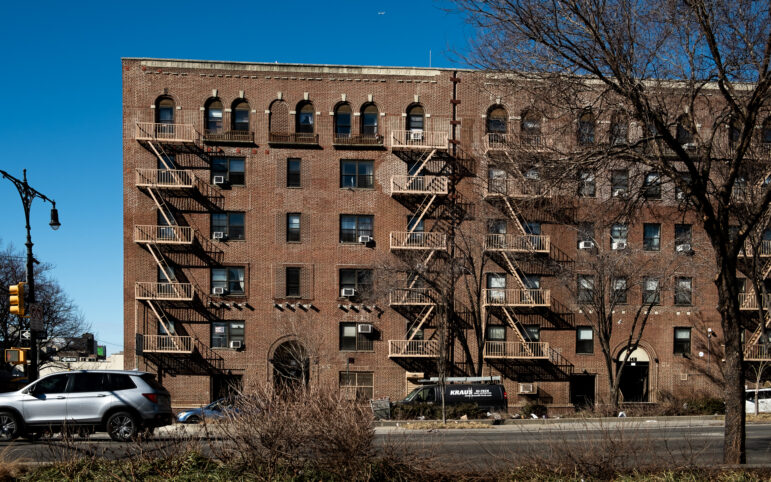Inocencia Nolasco, a 59-year-old disabled Dominican immigrant, applied for food stamps to feed her grandchildren last year, but not one caseworker at the city welfare office could walk her through the process in Spanish. It took four appointments before she finally got benefits.
Undercover work by the federal Department of Health and Human Services in 1999 found situations like Nolasco’s are all too common. By next year, however, it should be the exception. In early October, the city settled a two-year legal battle in Manhattan’s federal court, agreeing to provide translation and interpretation services at all of its 21 food stamp offices.
“This settlement marks a pretty much 180-degree turn-around by the Giuliani administration,” says Andrew Friedman of Make the Road by Walking, a Bushwick-based advocacy group that filed the lawsuit in August 1999 with the New York Legal Assistance Group and the Puerto Rican Legal Defense and Education Fund. The city estimates 100,000 low-income immigrants will benefit from the agreement, a number advocates guess will be even higher.
Under the court mandate, the city’s Human Resources Administration has until February to send out letters in 17 languages to every New Yorker on food stamps, informing them of their right to translators. After surveying all of its clients, the city will then be required to offer services in two to five additional languages, depending on need. And every job, income support, and food stamp office must post notices in up to nine languages about the availability of translation services, and offer a hotline number to call if interpretation is not provided.
The city says it has already signed contracts with translation companies to create forms and documents in Spanish, Russian, Chinese and Arabic, the city’s most commonly spoken non-English languages. The first of those, in Russian, were scheduled to be available in early November.
But implementation is expected to be slow, particularly as the mayor calls for budget cuts from city agencies. “It’s a monumental job,” says Friedman, noting the city will need time to assess recipients’ needs and staff capacity. While changes get underway for food stamp applicants, Medicaid recipients await word on a lawsuit NYLAG and other groups filed in 1999 to remedy similar situations in Medicaid offices. “Hopefully, this settlement will speed things up,” says NYLAG counsel Randal Jeffrey.








